interior french drain with integrated vapor barrier is a good ?
james_007
13 years ago
Related Stories
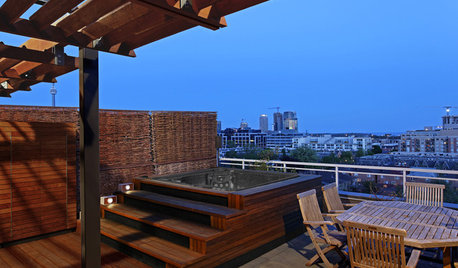
GARDENING AND LANDSCAPING8 Ways to Beautifully Integrate an Outdoor Hot Tub
Harmonize your hot tub with your landscape for good looks and great relaxation
Full Story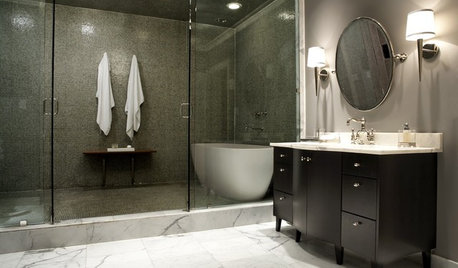
BATHROOM DESIGNHow to Choose Tile for a Steam Shower
In steamy quarters, tile needs to stand up to all that water and vapor in style. Here's how to get it right the first time
Full Story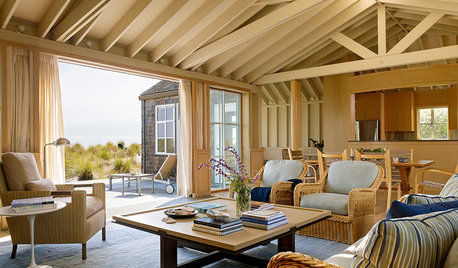
HEALTHY HOME16 Ideas for a Healthy, Feel-Good Home
Making these small tweaks and bigger shifts at home can help you thrive everywhere you go
Full Story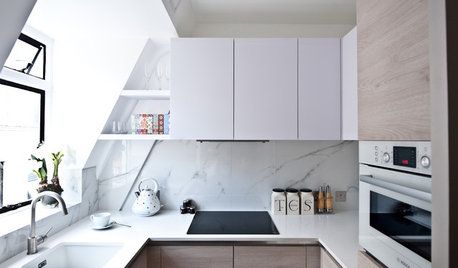
THE HARDWORKING HOMESmart Ways to Make the Most of a Compact Kitchen
Minimal square footage is no barrier to fulfilling your culinary dreams. These tips will help you squeeze the most out of your space
Full Story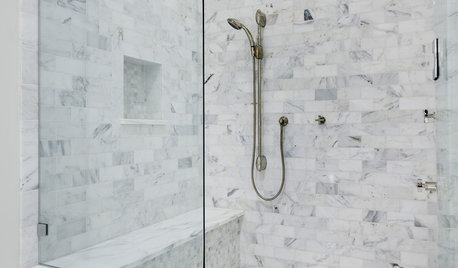
BATHROOM DESIGNConvert Your Tub Space Into a Shower — Waterproofing and Drainage
Step 4 in swapping your tub for a sleek new shower: Pick your waterproofing materials and drain, and don't forget to test
Full Story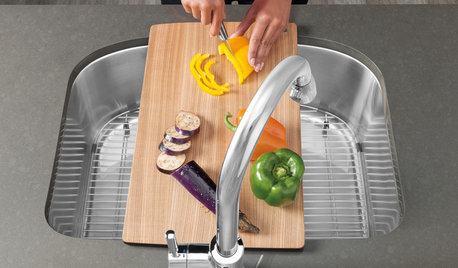
KITCHEN DESIGNClever Extras for a Perfectly Personalized Kitchen Sink
Streamline cooking prep and cleanup with integrated sink racks, baskets, inventive cutting boards and more
Full Story
MOST POPULAR33 Magic Household Cleaning Tips
Houzzers from around the world share their tips for transforming housework into child’s play
Full Story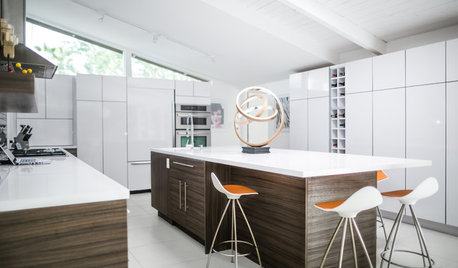
KITCHEN ISLANDS4 Great Kitchens With Workhorse Islands
In these modern, contemporary, French country and industrial spaces, the kitchen island pulls it all together
Full Story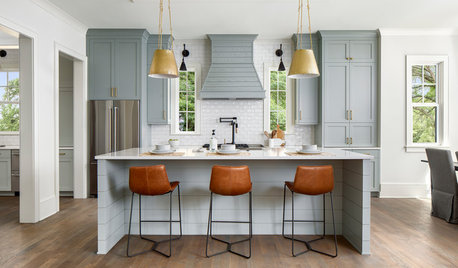
MOST POPULARHow Much Room Do You Need for a Kitchen Island?
Installing an island can enhance your kitchen in many ways, and with good planning, even smaller kitchens can benefit
Full Story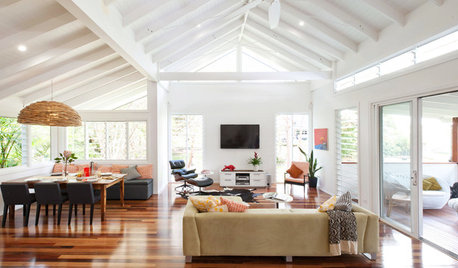
LIFE8 Ways to Tailor Your Home for You, Not Resale
Planning to stay put for a few years? Forget resale value and design your home for the way you live
Full StoryMore Discussions






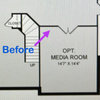

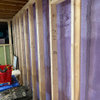
worthy
james_007Original Author
Related Professionals
Delhi General Contractors · Fremont General Contractors · Natchitoches General Contractors · North Smithfield General Contractors · Parkville General Contractors · Parsons General Contractors · Salem General Contractors · La Habra Interior Designers & Decorators · Baltimore Architects & Building Designers · Riverside Architects & Building Designers · Bell Gardens Architects & Building Designers · Danbury Flooring Contractors · Dorchester Flooring Contractors · Mashpee Flooring Contractors · Powder Springs Flooring Contractorsworthy
james_007Original Author
worthy
james_007Original Author
worthy